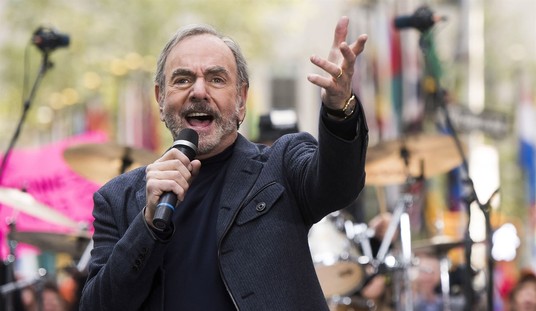The UN has presented its member nations with a request for additional funds for the current fiscal year — a whopping $1.1 billion not previously budgeted. That amounts to a 25% increase in operating costs for Turtle Bay, giving the UN its largest budget ever. Part of the request would fund the Durban conference on racism, a controversial forum which Canada has decided to boycott for its anti-Semitic flavor. Much of it, though, comes from the Bush administration’s own initiatives:
Despite long-standing efforts by successive U.S. administrations to rein in U.N. spending, the United Nations this month presented its top donors with a request for nearly $1.1 billion in additional funds over the next two years — boosting current U.N. expenses by 25 percent and marking the global body’s highest-ever administrative budget, according to internal U.N. memos.
Much of the increased spending flows from Bush administration demands for a more ambitious U.N. role around the world. During President Bush’s tenure, the United States has signed off on billions of dollars for U.N. peacekeeping operations in Sudan and elsewhere, and authorized hundreds of millions for U.N. efforts in Afghanistan and Iraq, where U.N. officials helped organize elections and draft a new constitution.
U.N. administrative costs have more than doubled, to about $2.5 billion a year, since Bush took office, while peacekeeping expenses have increased threefold, with nearly 110,000 peacekeepers in 20 overseas missions at a 2008 cost of about $7 billion.
“This is a breakdown of a 20-year-long effort to rein in U.N. spending,” said John R. Bolton, who served as U.S. ambassador to the United Nations early in Bush’s second term. “What happened in the late part of the Clinton administration, but most spectacularly in the Bush administration, is that the principle of zero nominal growth broke down completely.”
This sounds familiar, doesn’t it? The Bush administration talked about fiscal responsibility at home, too. Instead, he and the Republican Congress decided to launch a number of expensive new and expanded federal programs. It shouldn’t come as much of a surprise that he did the same at the UN, too. Even the spending reform plan he tried to implement at the UN costs $100 million to administer, and the UN refuses to cut other programs to fund it — so ironically, spending reform makes the UN cost even more than before.
However, unlike here with Congress, the UN has no accountability for its spending. The US cannot vote out the existing management structure, and neither can anyone else. The present corrupt, bloated bureaucracy at Turtle Bay satisfies far too many of the member nations, primarily because it keeps the UN from focusing on their own oppressive, corrupt regimes. Instead, the Human Rights panel and the Durban conference remains fixated on Israel, while its constituent nations of Cuba, Saudi Arabia, Libya, and others escape condemnation for their own brutal human-rights abuses.
The US should refuse to pay the fees. However, at the same time, we should rethink the programs that we have pushed at the UN in order to underscore the need for reform and fiscal responsibility. Just as with our own federal government, the more oversight we give the UN on issues, the more power we transfer to the unelected global body, even in a de facto manner.








Join the conversation as a VIP Member